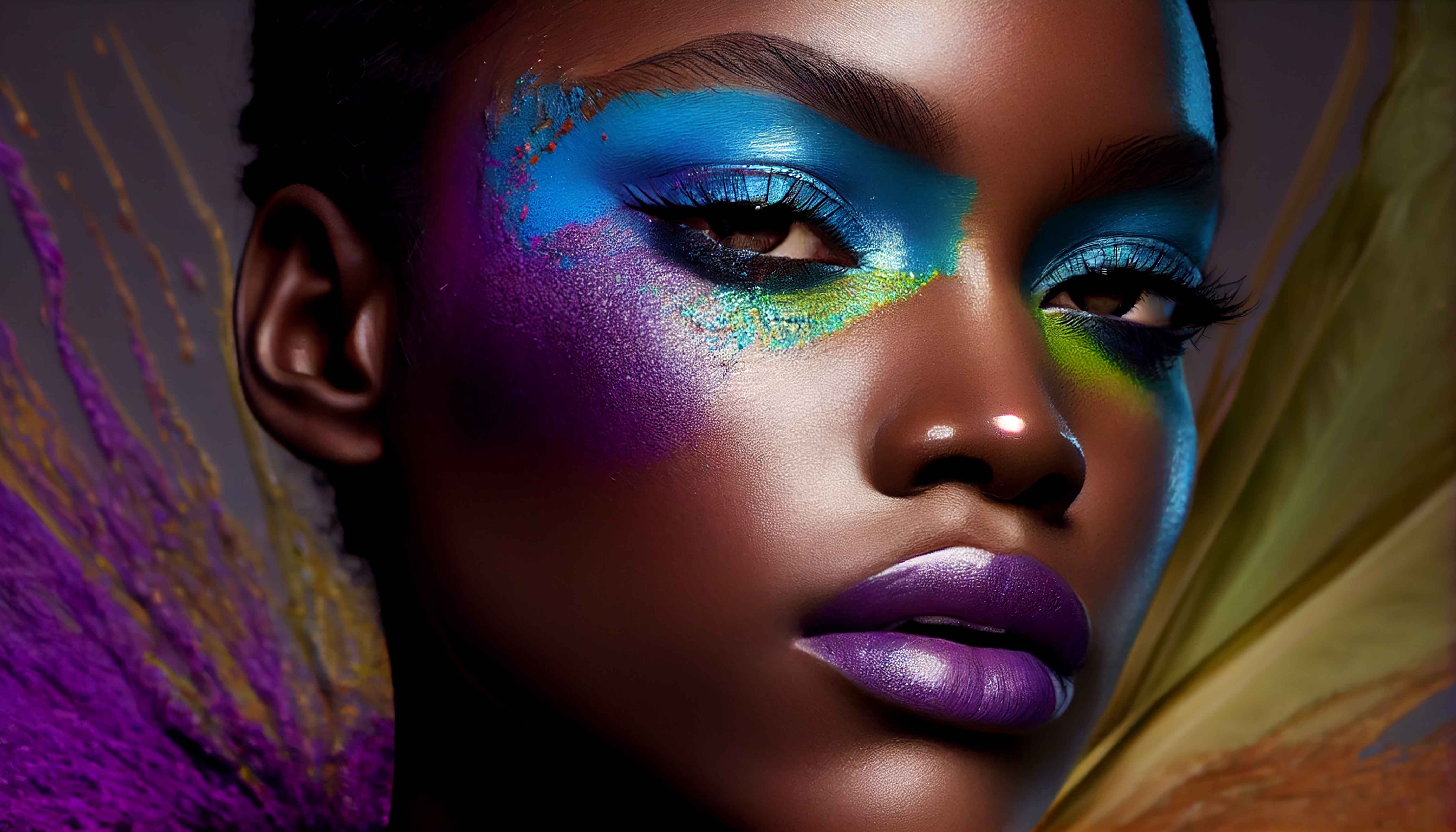NOVEMBER 10, 2023
The Rise of Independent African Cosmetics Brands

Africa is a continent teeming with culture, diversity, and natural beauty. In South Africa alone, the cosmetics industry is experiencing remarkable growth, with annual sales surging by more than 15%, expected to surpass $1.5 billion, according to Statista's report titled "Beauty, Health & Household Care—South Africa.
"In recent times, Africa's beauty traditions and its native ingredients have captured the world's attention. Indigenous local brands like Oriki and Arami Essentials from Nigeria, Nokware from Ghana, Lelive, and Suki Naturals from South Africa, represent a fresh wave of independent cosmetic brands across the continent. These brands are taking center stage, proudly embracing their African heritage, offering products that celebrate the rich diversity of African ingredients, and crafting an identity that resonates with the desires of youthful consumers.
The Youthful Surge In a world where the global population is aging, Africa stands as an exception. The burgeoning African population plays a pivotal role in fuelling the local cosmetics industry's growth. With a median age of approximately 19 years, Africa's youthful consumer base stands out as a driving force behind the soaring demand for beauty and skincare products. The influence of social media and widespread internet connectivity has heightened their awareness of appearance and well-being. They seek cosmetics tailored to their varied needs and skin types. This demographic shift has ignited innovation and entrepreneurship, inspiring young Africans to establish their own beauty brands that resonate with their peers.
Furthermore, their digital-savvy nature has accelerated the e-commerce landscape, facilitating easy access to local beauty products. Digital accessibility allows consumers to readily acquire products in markets where infrastructure may be lacking. As Africa's youthful population continues to assert its influence, the local cosmetics industry is poised for sustained growth and transformation, with youth-driven trends shaping the future of African beauty.African Beauty RedefinedAfrica's independent cosmetic brands are rewriting the beauty narrative by emphasizing authenticity. These brands proudly embrace their roots, drawing inspiration from traditional African beauty practices that have been passed down through generations. Whether it's utilizing indigenous ingredients or incorporating cultural motifs into packaging and brand names, authenticity is the driving force behind these brands.
A defining feature of African cosmetics is the use of indigenous ingredients, such as shea butter in West Africa or marula oil in Southern Africa. Independent African brands harness the power of nature to create products that are not only effective but also sustainable. Consumers increasingly seek these natural, locally-sourced ingredients, recognizing their benefits for skincare and haircare.African independent cosmetic brands champion inclusivity as well. They acknowledge the diverse range of skin tones and hair types found across the continent and are committed to offering products that cater to everyone. In doing so, they challenge the industry's historically limited representation of beauty, extending inclusivity to men as well as women.
African Brands vs. Global Trends While minimalist beauty trends have gained global popularity, African independent brands often take a bolder approach. Vibrant colors, intricate patterns, and statement makeup looks are celebrated. This divergence reflects the continent's rich artistic traditions, where self-expression through beauty has deep cultural roots. Clean beauty and sustainability are global buzzwords, but African brands have been pioneers in this area.
With a strong connection to nature and a history of using natural ingredients, many African brands championed clean, eco-friendly practices long before they became mainstream. Their commitment to sustainable sourcing and packaging aligns with the global shift toward eco-conscious beauty.Vying for Global AppealAfrican independent cosmetic brands are not confined to their home continent; they are gaining international recognition for their quality and innovation. Their appeal extends beyond consumers of African descent, as people worldwide seek products that offer authenticity, unique ingredients, and a connection to a rich cultural heritage.
Brands like Malée Natural Science and Epara Skincare have made their mark in leading luxury retailers like Harvey Nichols and Harrods, respectively. As African independent cosmetic brands continue to thrive, several trends are likely to shape their future trajectory:
1. Global Expansion: These brands will increasingly broaden their reach beyond Africa, introducing their unique products to a global audience. The rise of e-commerce and social media has reduced barriers to entry in international markets.
2. Innovation: Expect a continual focus on innovation in product development, with a commitment to incorporating traditional African remedies and ingredients into modern formulations. This will continue to drive consumer interest and loyalty.
3. Collaborations: Anticipate collaborations between African brands and international influencers, makeup artists, and celebrities. Such partnerships will enhance the visibility and credibility of these brands.4. Sustainability: African brands will further strengthen their commitment to sustainability, embracing eco-friendly packaging and responsible sourcing. This will resonate not only with environmentally-conscious consumers but also set a standard for the industry.
According to McKinsey's "The Beauty Market in 2023: A Special State of Fashion Report," "Brands must make differentiating choices to find success in this shifting and increasingly competitive landscape."While the global beauty industry often looks to the future, African independent brands find strength in tradition. They celebrate age-old beauty practices, infusing them with modern innovation. This balance between heritage and progress is a unique selling point in an industry driven by innovation.
According to McKinsey's "The Beauty Market in 2023: A Special State of Fashion Report," "Brands must make differentiating choices to find success in this shifting and increasingly competitive landscape."African indie brands' most significant value proposition lies in their celebration of culture, identity, and natural beauty. In a world where the beauty industry often sets unrealistic standards, these brands offer authenticity and inclusivity.Embracing A-Beauty and its indie brands is not merely a trend; it's a celebration of humanity's rich tapestry of identities and traditions. The future shines brightly for these brands. In an industry driven by trends, African indies remind us that beauty is timeless, diverse, and, above all, deeply personal.
Source: Happi